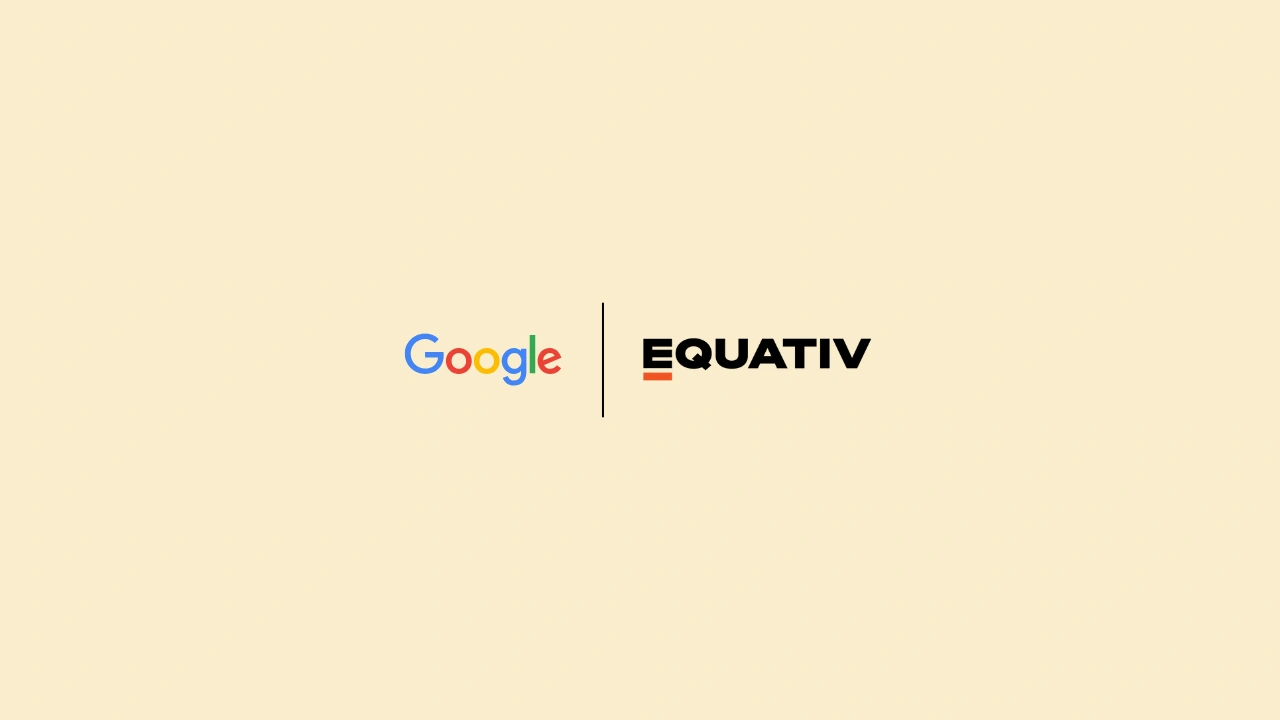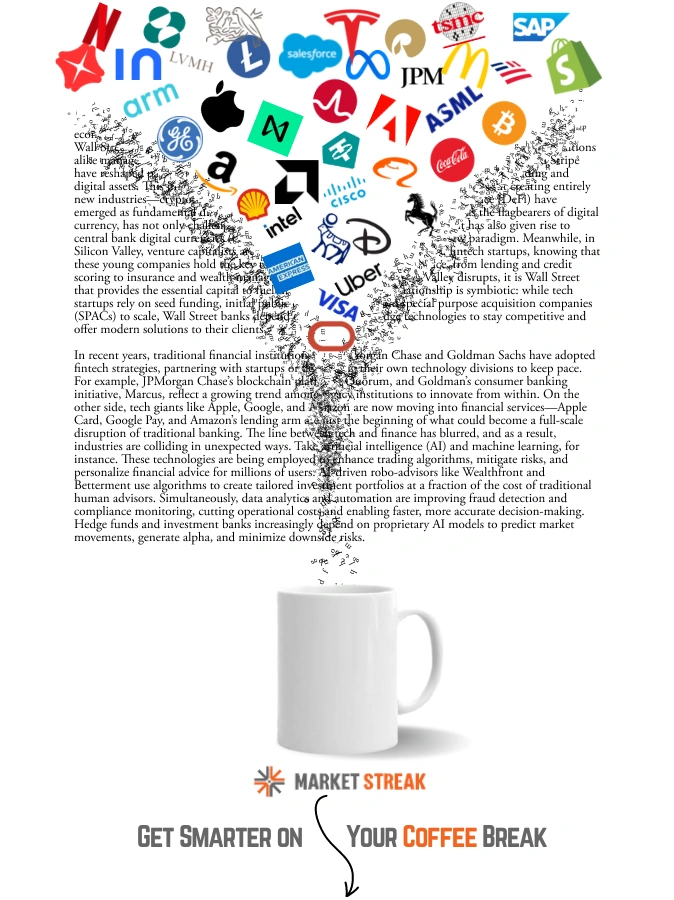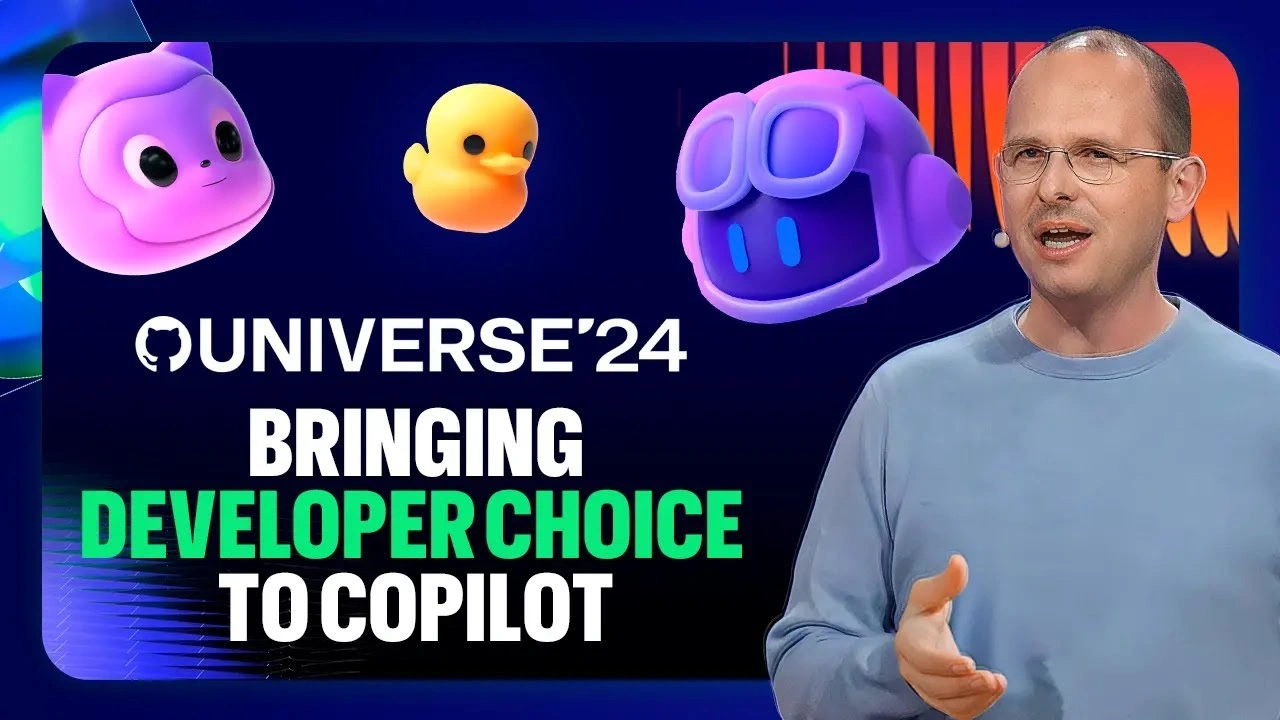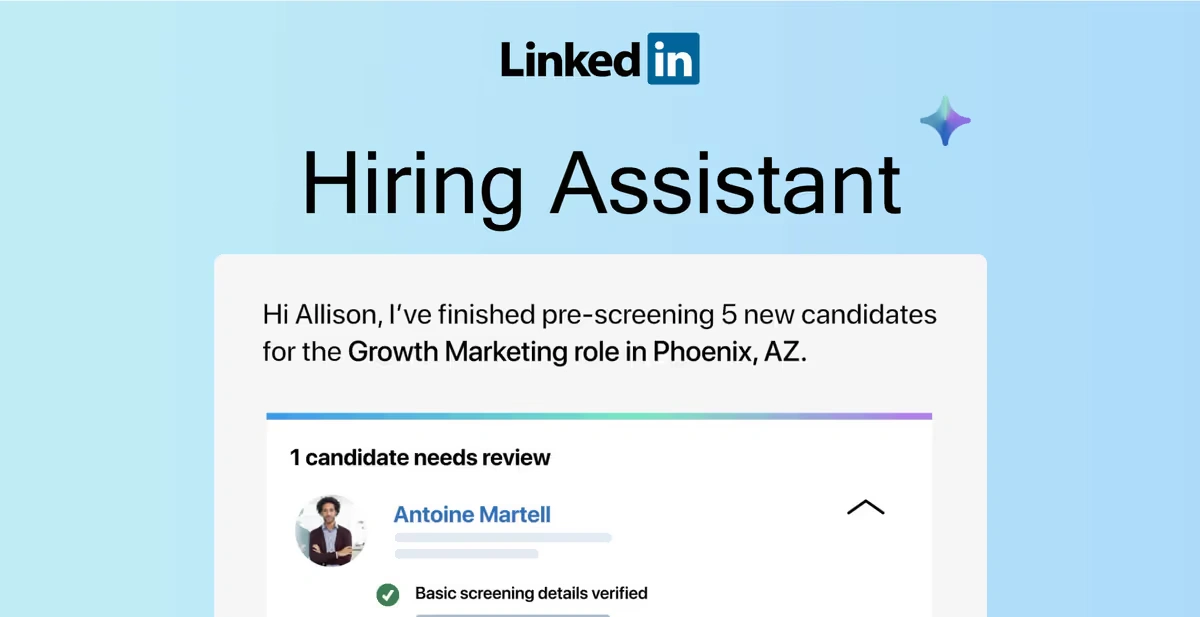Advertising
Equativ
Courts

Advertising
Equativ
Courts
A Paris court has ordered Google to pay €26.5 million to Equativ, a French advertising technology company. This significant financial penalty is the result of a lawsuit filed by Equativ in 2022, alleging that Google used its own advertising tools to unfairly stifle competition and harm Equativ's business. The ruling highlights the increasing scrutiny of major tech companies' practices by European regulators and underscores ongoing concerns about competition in the online advertising market.
The Case Against Google:
Equativ, a player in the complex world of online advertising, accused Google of engaging in anti-competitive behavior. The core of their complaint centered on Google's alleged use of its own advertising technologies to gain an unfair advantage over competitors like Equativ. This alleged behavior included leveraging Google's vast data resources and market dominance to favor its own advertising products, ultimately hindering the ability of other companies to compete effectively. Equativ argued that this resulted in significant financial losses for their company. The specifics of Google’s alleged actions were not fully detailed in publicly available information, but the court's ruling suggests that sufficient evidence was presented to support Equativ's claims.
The Court's Decision:
The Paris Commercial Court, after considering the evidence presented by both sides, ruled in favor of Equativ. The court's decision awarded Equativ €26.5 million in damages. This amount represents compensation for the financial losses Equativ incurred due to Google's allegedly anti-competitive practices within France. It's important to note that Equativ initially sought a far larger sum – €369.1 million – encompassing potential losses on an international scale. However, the court limited its judgment to losses sustained specifically within the French market.
The Influence of Prior Rulings:
The court's decision was significantly influenced by a previous ruling against Google by the French Competition Authority. In 2021, the French Competition Authority imposed a hefty €220 million fine on Google for similar anti-competitive practices within the digital advertising sector. This earlier ruling established a precedent, demonstrating that Google's actions were considered to be in violation of competition laws. The Paris Commercial Court's decision in the Equativ case built upon this established legal groundwork, reinforcing the findings of the earlier investigation and solidifying the notion that Google's behavior was indeed anti-competitive.
Google's Response:
Following the court's verdict, Google expressed its disappointment with the ruling. The company argued that the court had misinterpreted the intricacies of the online advertising technology landscape. Google maintained that it is committed to addressing the concerns raised by the French Competition Authority and is working towards improving its practices. However, Google hasn't yet indicated whether it intends to appeal the court’s decision. The lack of immediate appeal announcement might suggest that Google is carefully evaluating its options, considering the legal precedent and the potential costs of further litigation.
Equativ's Response and Broader Implications:
Equativ, despite winning the case, chose not to issue a public statement commenting on the outcome. This silence may be a strategic decision, perhaps aiming to avoid further escalating the situation or to let the legal ramifications of the court's ruling play out before making any further pronouncements.
The case, however, carries significant implications beyond the immediate parties involved. It underscores the growing pressure on major tech companies to adhere to competition laws and to operate fairly within the digital advertising ecosystem. The ruling sends a clear message to other tech giants that engaging in practices that stifle competition will lead to substantial financial penalties. The case is a significant development in the ongoing global debate surrounding the regulation of large technology companies and their impact on competition.
The Online Advertising Landscape:
The online advertising industry is a complex and rapidly evolving sector characterized by intricate algorithms, vast data sets, and fierce competition. Companies like Google operate on a massive scale, wielding significant influence over the flow of advertising revenue. This power creates potential for abuse, prompting regulators across the globe to scrutinize their practices and ensure a level playing field for smaller businesses. The case between Equativ and Google exemplifies the challenges regulators face in balancing innovation with fair competition in this dynamic market.
Regulatory Scrutiny of Tech Companies:
The Equativ case is not an isolated incident. It reflects a wider trend of increased regulatory scrutiny targeting major tech companies worldwide. Governments and regulatory bodies are increasingly concerned about the market dominance of these companies and the potential for anti-competitive behavior. This increased scrutiny is driven by a desire to protect consumers, foster competition, and prevent monopolies from stifling innovation. Several other countries are conducting similar investigations into the practices of major tech companies, indicating a global effort to create a more balanced and equitable digital economy.
The Future of the Case and its Precedents:
The future course of this legal battle is uncertain. While Google has not yet announced an appeal, the potential for further legal action remains. The case itself and potential appeals could shape the legal landscape concerning competition in the digital advertising industry for years to come. The precedent set by the Paris Commercial Court could influence similar cases across Europe and potentially beyond, setting a benchmark for assessing anti-competitive behavior in the online advertising sector. The significant fine imposed on Google serves as a potent deterrent against future anti-competitive practices by large tech companies.
Further Contextual Information:
The case highlights the ongoing debate regarding the balance between fostering innovation and ensuring fair competition in the digital marketplace. The complexity of the online advertising ecosystem makes regulation challenging, requiring regulators to possess a deep understanding of the technological intricacies and market dynamics. The decision emphasizes the importance of transparency and accountability within the tech industry and the need for robust regulatory frameworks to protect smaller businesses and consumers alike.
The €26.5 million penalty serves as a stark reminder to large tech companies of the potential consequences of anti-competitive behavior. It encourages a shift toward more responsible and ethical business practices within the digital advertising sector, promoting a more balanced and competitive environment. This case is not just about Google and Equativ; it represents a broader movement towards greater accountability and fairness in the tech industry. The significant financial penalty underscores the serious implications of anti-competitive practices and the determination of regulators to uphold competition laws. The long-term effects of this ruling are still unfolding and are likely to have significant repercussions for the online advertising industry and for how large tech companies conduct their business globally. The level of scrutiny applied to the actions of dominant tech companies is expected to intensify in the coming years as regulators worldwide grapple with the complexities of regulating these powerful and influential entities. The Equativ case serves as a critical juncture in this ongoing evolution.
SHARE



news
30th October 2024


news
30th October 2024

news
30th October 2024

news
30th October 2024


news
30th October 2024

news
30th October 2024

news
30th October 2024